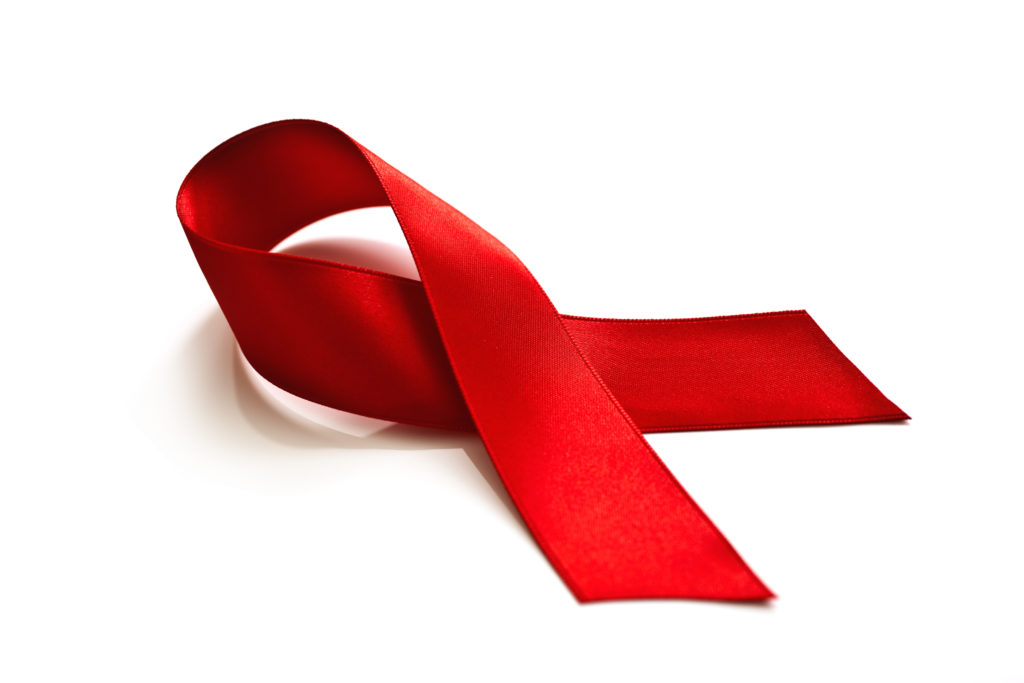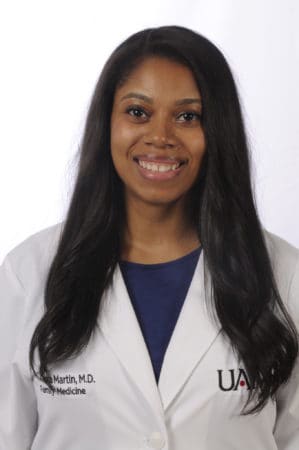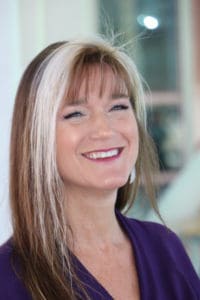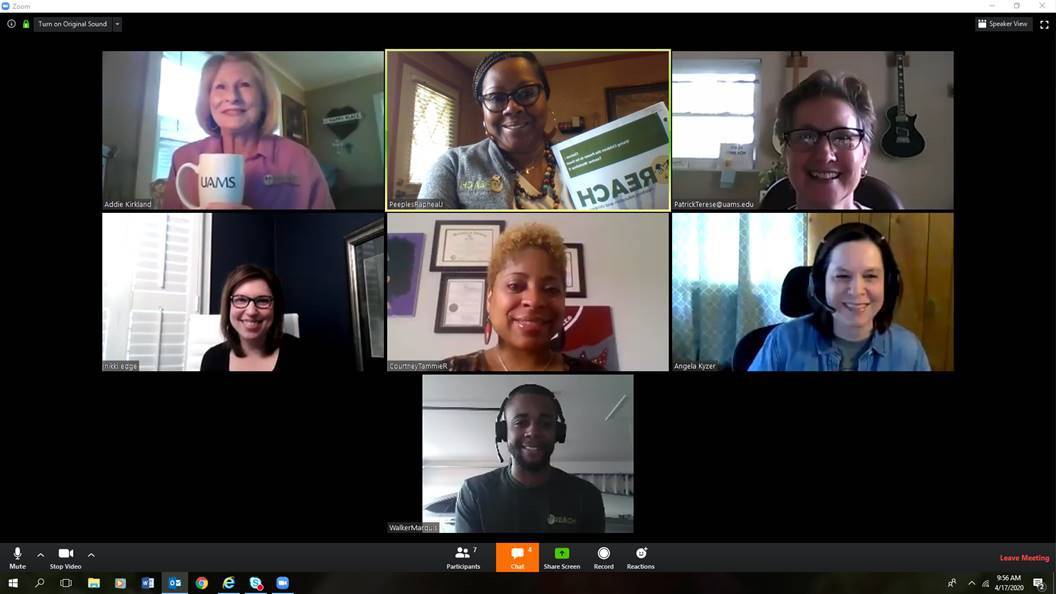
RED’s HIV team will partner with UAMS HealthNow to offer a new digital health program for the prevention of HIV Infections. The program will include telehealth access to screening, monitoring, and medication services focused on decreasing the impact of HIV.
Read the full story on the UAMS News site.




